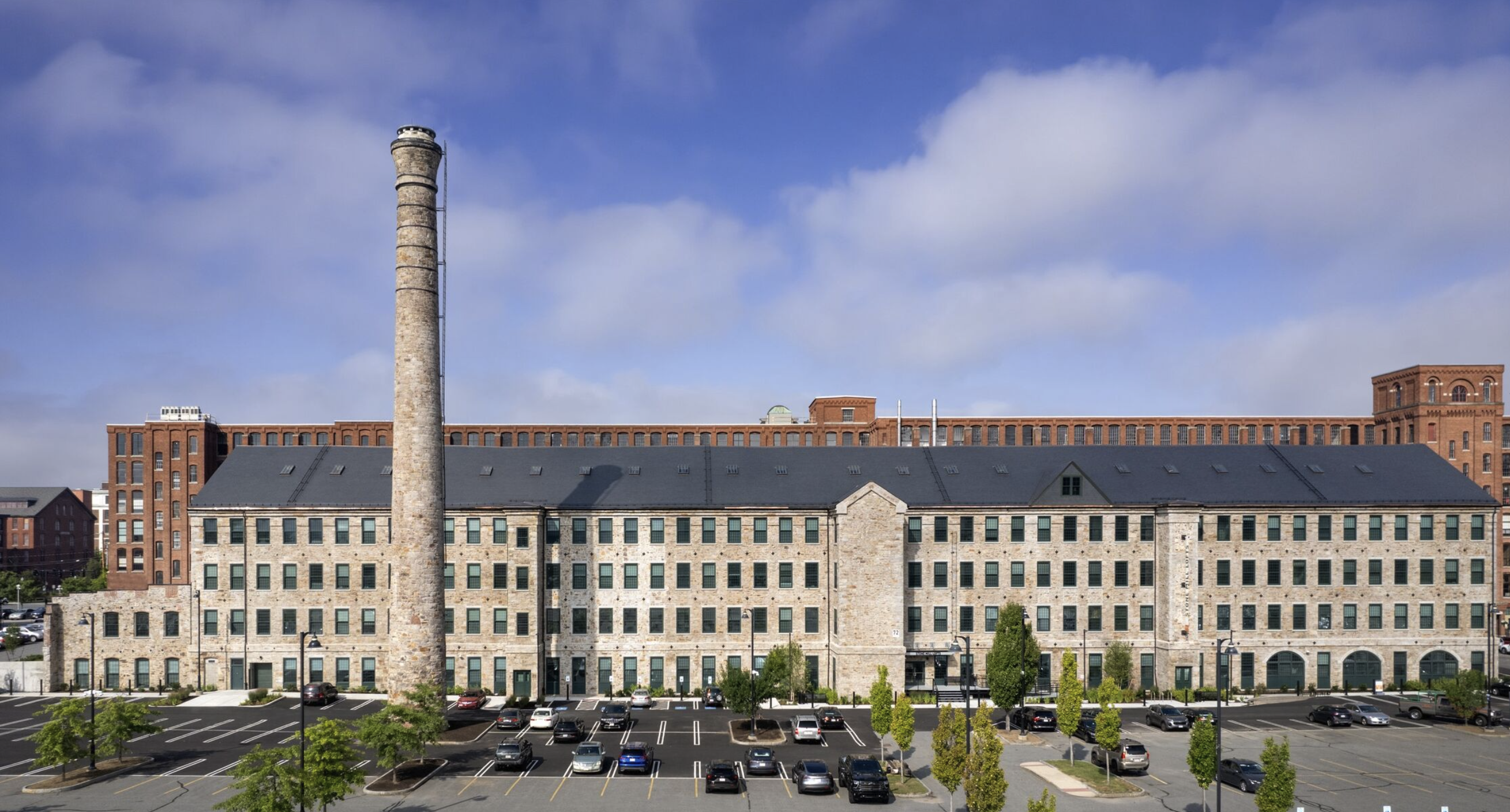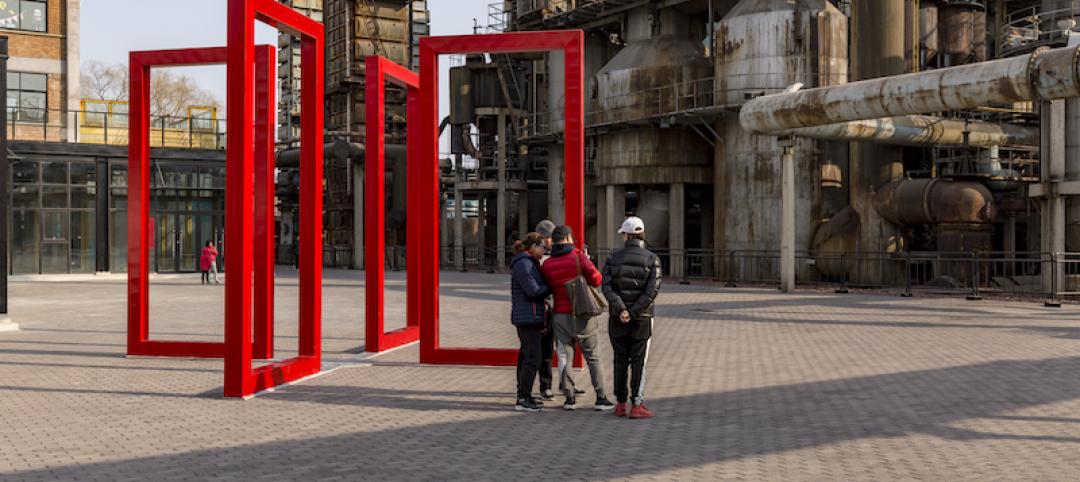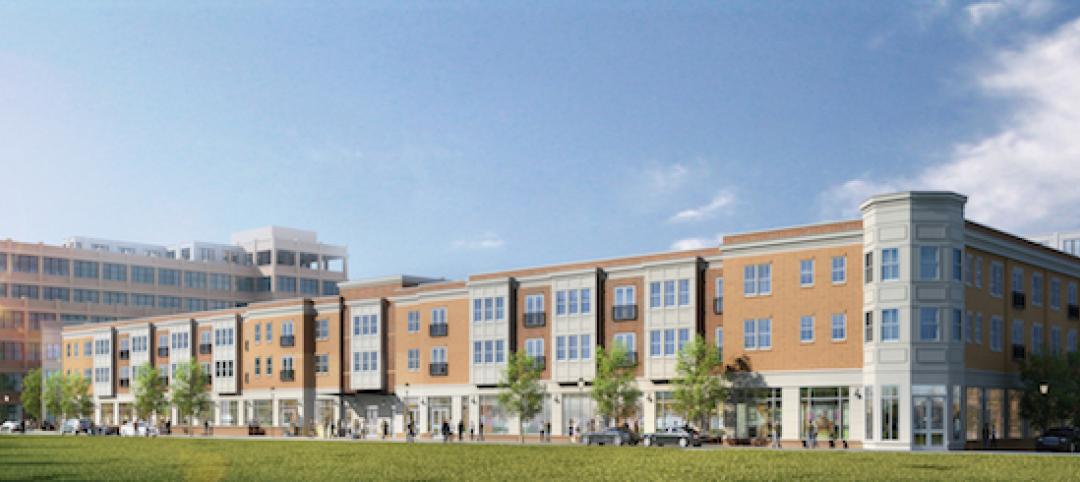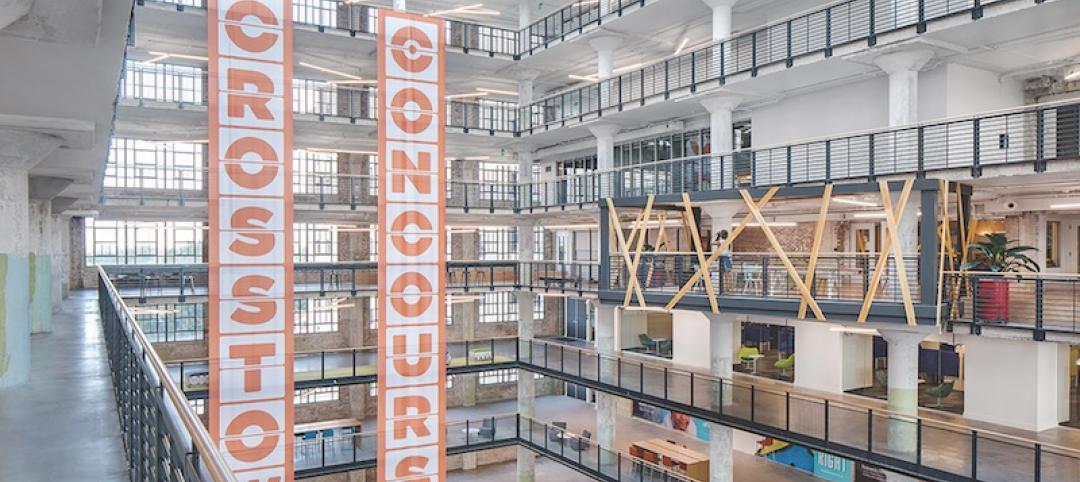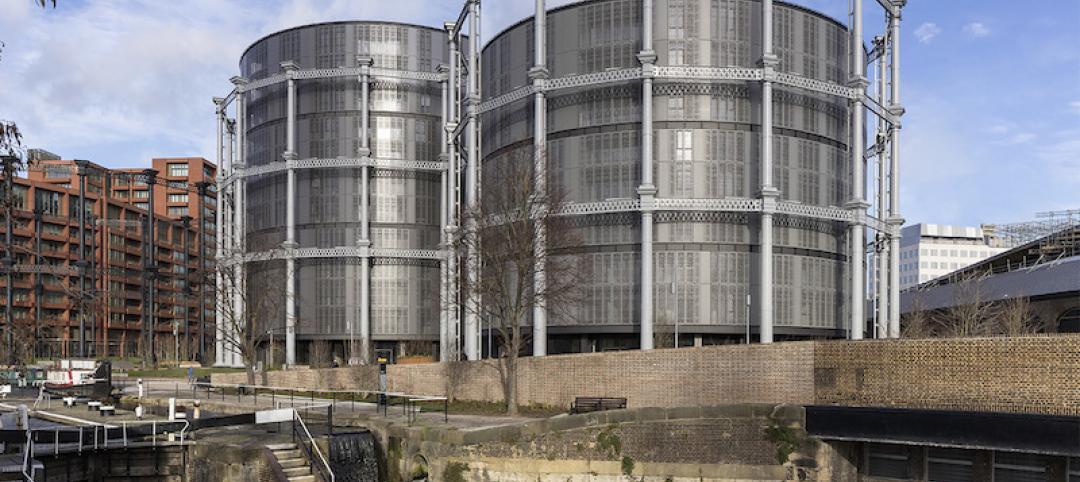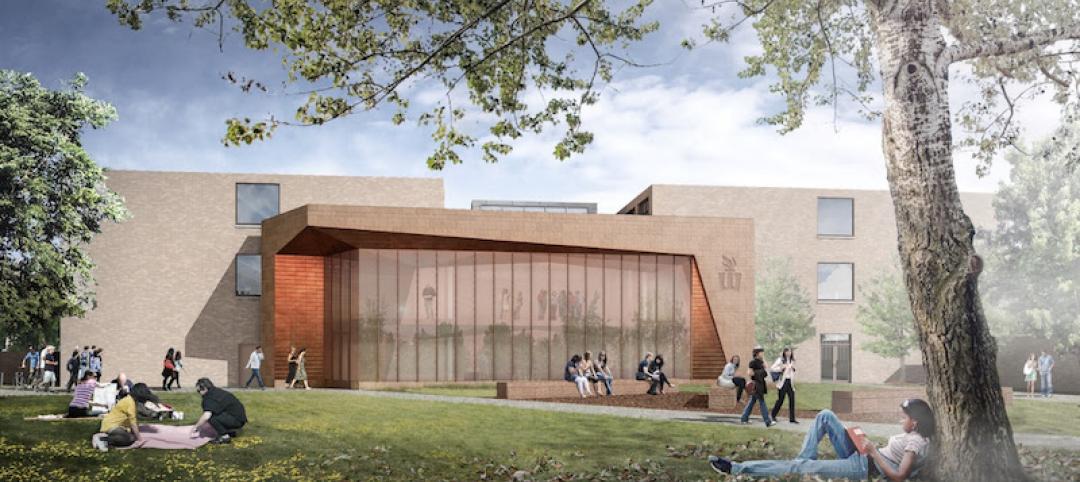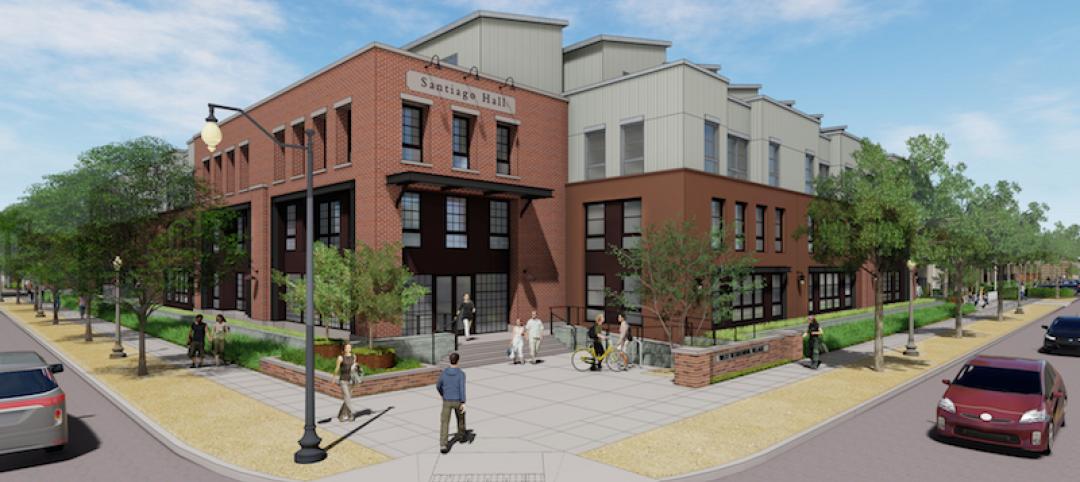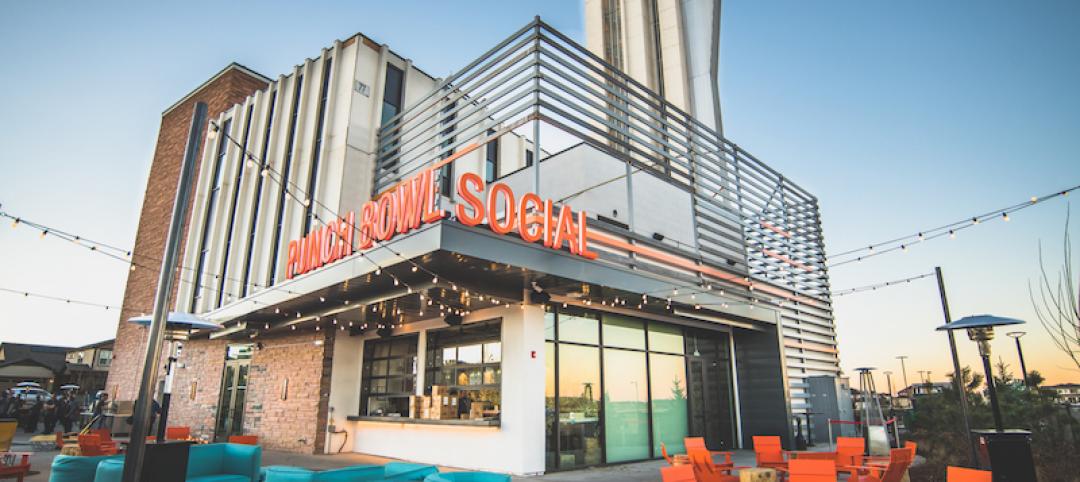A recently opened multifamily property in Lawrence, Mass., is an adaptive reuse of an 1840s-era mill building. Stone Mill Lofts is one of the first all-electric mixed-income multifamily properties in Massachusetts. The all-electric building meets ambitious modern energy codes and stringent National Park Service historic preservation guidelines.
The $39.2 million project transformed the oldest mill in Lawrence, a former industrial powerhouse, into 86 units of rental housing. An airtight, ultra-efficient building envelope includes the use of substantial insulation, high-performance historic replica windows, high-efficiency heat pumps, and energy recovery systems. The development’s fossil-fuel-free design is expected to use 46% less energy and result in greenhouse gas emissions reductions of an estimated 33% compared to a typical apartment building.
Fifty-eight apartments are intended for households earning up to 60% of Area Median Income (AMI), 11 apartments are for those earning up to 30% AMI, and 17 units will be leased at market rates. The 149,220 sf complex was constructed between 1845 and 1848, harnessing the Merrimack River to manufacture tools, mill machinery, water turbines, and millwork for textile factories.
The building team preserved the structure’s unique historic characteristics while installing four inches of insulation and high-performance, historic replica windows, making highly efficient electric building mechanical systems feasible. “We believe Stone Mill Lofts is one of the most significant projects to result from our longstanding partnership with WinnDevelopment because it sets a new standard for how historic preservation and adaptive reuse can address the affordable housing crisis and climate change at the same time,” said Scott Maenpaa, TAT project manager.
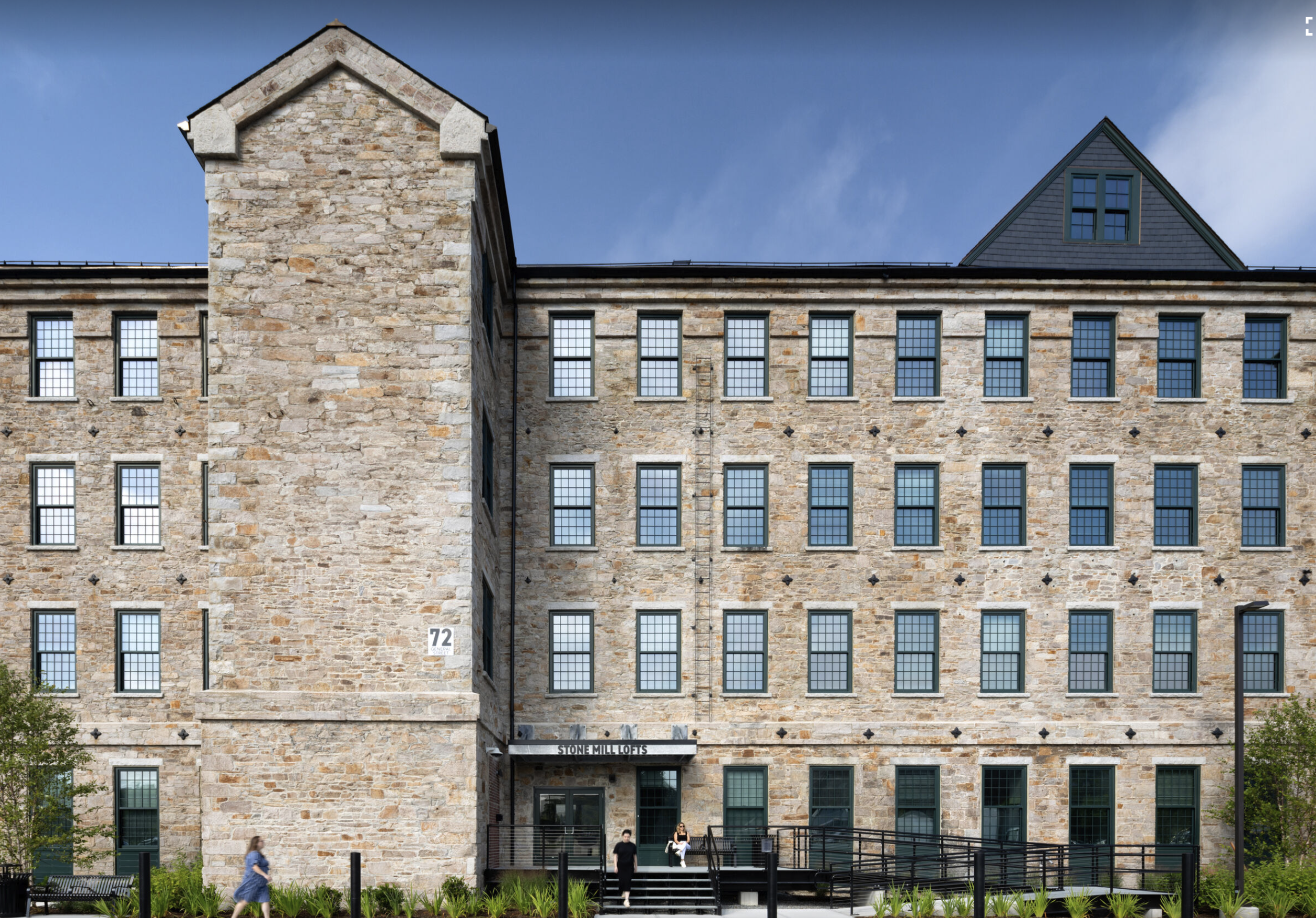
Stone Mill Lofts offers 50 one-bedroom apartments, 28 two-bedroom two-bath units, and eight three-bedroom two-bath units. Every apartment benefits from large window openings and the thoughtful integration of existing historic elements such as exposed, original wood beam ceilings.
On-site amenities include an expansive resident lounge and kitchen, billiards room, a fitness center with interactive equipment and a yoga nook, a children’s playroom, indoor and secure bicycle parking, resident storage lockers, work-from-home pods, secure package room, a historic mill exhibit room, nicely landscaped outdoor areas, and a patio. The 2.3-acre site is located within walking distance of a commuter rail line to Boston.
The Massachusetts Executive Office of Housing & Livable Communities contributed $3.1 million from the Affordable Housing Trust and Housing Stabilization Funds. The project also benefited from more than $38 million in Federal and State Low Income Housing Tax Credit equity and Federal and State Historic Tax Credit equity.
Owner and/or developer: WinnCompanies
Design architect: The Architectural Team, Inc. (TAT)
Architect of record: The Architectural Team, Inc. (TAT)
MEP engineer: R.W. Sullivan Engineering
Structural engineer: Odeh Engineers/WSP
General contractor/construction manager: Keith Construction, Inc.
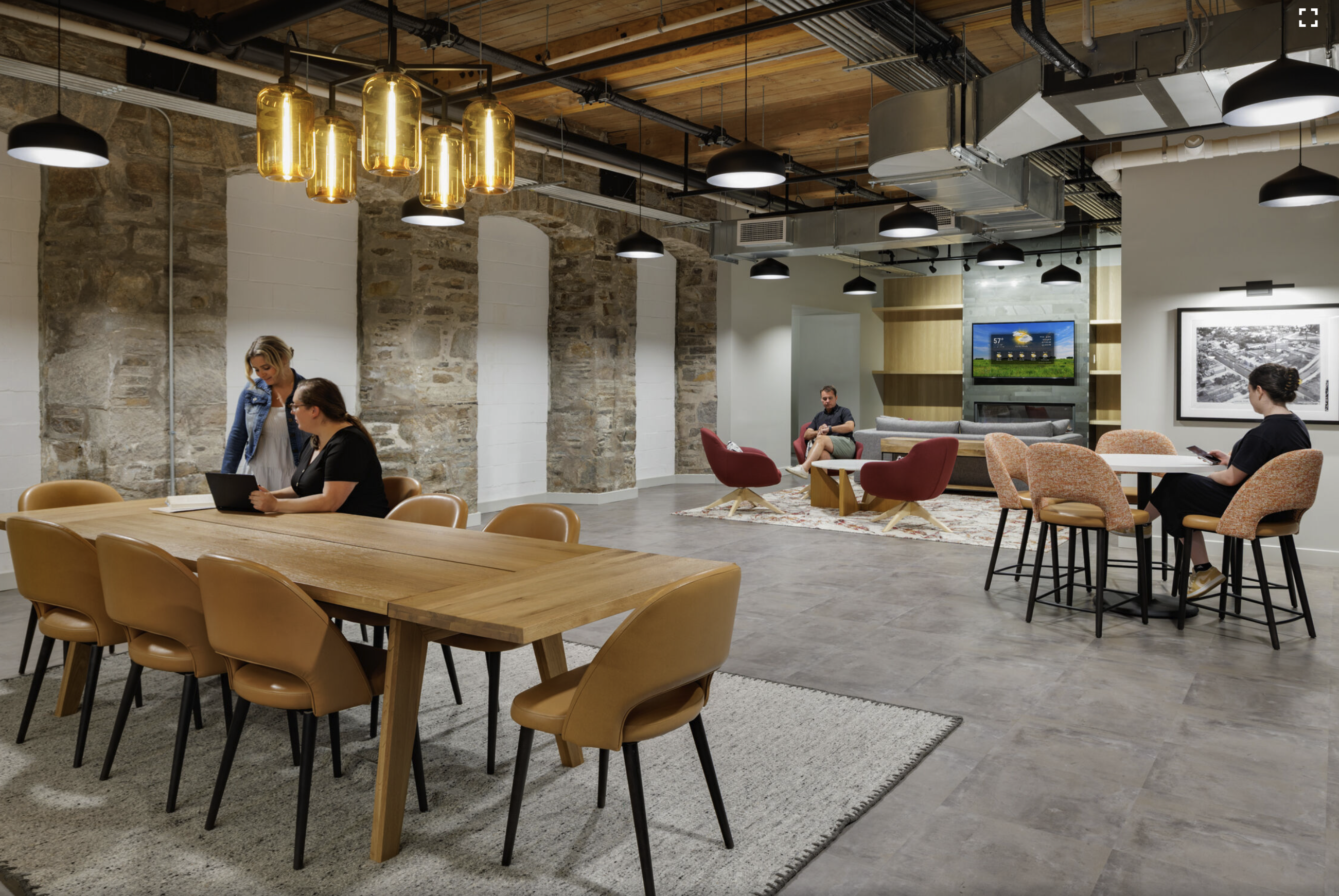
Related Stories
Adaptive Reuse | May 7, 2018
A decade after it debuted, Beijing’s 798 Arts District is still a work in progress
China’s third-most-popular tourist attraction remains a magnet for creative tenants.
Adaptive Reuse | Apr 26, 2018
Edison Lofts building is New Jersey’s largest non-waterfront adaptive reuse project
Minno & Wasko Architects & Planners designed the building.
Adaptive Reuse | Mar 8, 2018
LEED Platinum for Memphis industrial reuse project
Memphis-based engineering firm OGCB and contractor Grinder Tabor Grinder led the removal of 54 million lb of concrete and 10 million lb of metal.
Multifamily Housing | Feb 27, 2018
Victorian era gasholders become modern residences in London
The new residences are part of the King’s Cross redevelopment scheme.
Education Facilities | Jan 8, 2018
Three former school buildings are repurposed to create mini-campus for teacher education
The $25.3 million project is currently under construction on the Winona State University campus.
Adaptive Reuse | Jan 4, 2018
Student housing development on Chapman University campus includes adaptive reuse of 1918 packing house
The Packing House was originally built for the Santiago Orange Growers Association.
Adaptive Reuse | Dec 11, 2017
Detroit's economic improvement a boon to its hotel sector
Detroit Foundation, a stylish boutique hotel, is the Motor City’s newest hospitality venue.
Adaptive Reuse | Nov 29, 2017
‘Eat-ertainment’ establishment grants abandoned air traffic control building a second life
The concept’s design reflects the golden age of flight.
Adaptive Reuse | Nov 10, 2017
Austin’s first indoor shopping mall becomes Austin Community College’s new digital media center
Renovation of the defunct mall represents Phase 2 of ACC’s $100 million adaptive reuse project.
Adaptive Reuse | Oct 23, 2017
A tableware storage space is reset to accommodate an investment firm’s headquarters in Raleigh, N.C.
This adaptive reuse establishes more direct visual and physical connections to a growing city.



